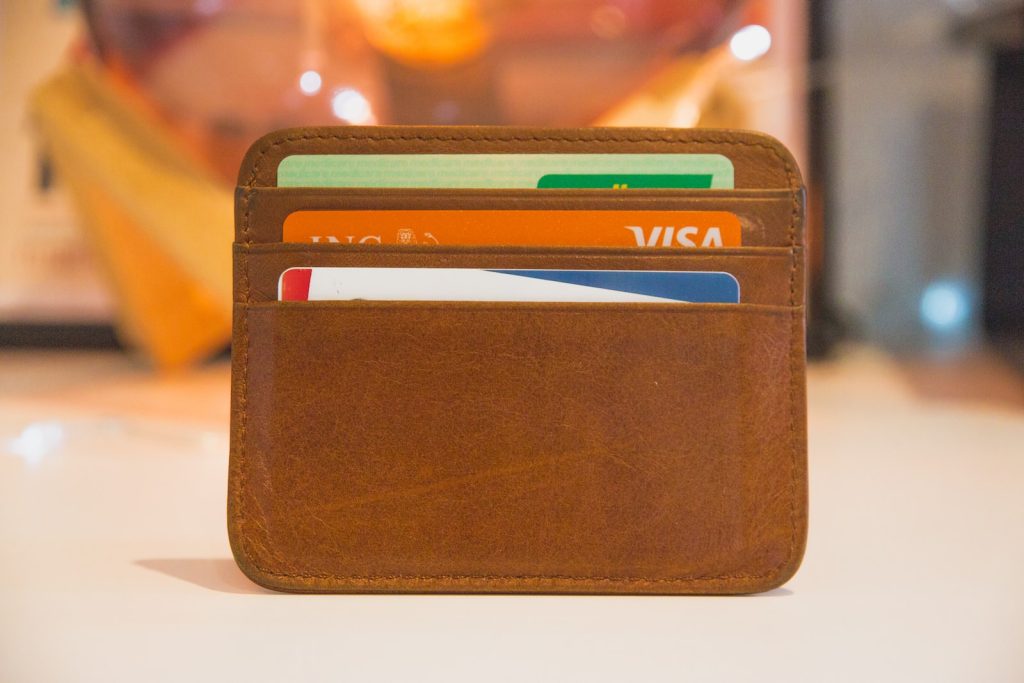Young adults today face a lot of financial responsibility and pressure, and it can be difficult to navigate the complex world of credit. Credit is an important part of a person’s financial life, and it’s essential for young adults to understand how to use it responsibly.
Fortunately, there are some tips that young adults can follow to make sure they’re making the best decisions with their credit. In this article, we’ll cover fifteen credit tips for young adults that can help them maintain a good credit score and make smart financial decisions for the future.
1. Check Your Credit Report
The first step for any young adult should be to check their credit report. This will give you an accurate picture of your credit score and help you identify any potential problems. It’s also important to check your credit report for accuracy, as mistakes can have a negative impact on your score. You can get a free copy of your credit report from each of the three major credit bureaus (Equifax, Experian, and TransUnion) once a year.
2. Pay Your Bills On Time
One of the most important things you can do to maintain a good credit score is to pay your bills on time. Making payments late will negatively impact your credit score, and it can be difficult to recover from. Make sure to set up reminders so you don’t miss payments, and be sure to pay at least the minimum amount due.
3. Use Credit Cards Responsibly
Credit cards can be a useful tool if used responsibly. It’s important to make sure you’re only using a credit card for purchases you can afford. If you can’t pay off the balance in full each month, you should make sure to pay more than the minimum due to avoid accruing interest.
4. Don’t Overspend
Overspending can quickly lead to financial trouble and a poor credit score. Make sure to stick to a budget and only spend what you can afford. Avoid impulse purchases, and if you’re ever tempted to overspend, take a step back and think about the long-term consequences.
5. Don’t Close Old Accounts
Closing old accounts can have a negative impact on your credit score. Instead, you should consider keeping the account open and using it sparingly. This will help you maintain a healthy credit history and can have a positive impact on your score.
6. Don’t Open Too Many Accounts
Opening too many accounts can have a negative impact on your credit score. If you do need to open a new account, make sure to do your research and find one with the best terms and conditions for your needs.
7. Use Secured Credit Cards
If you’re just starting to build your credit, a secured credit card can be a great option. These cards require a deposit, which is used as collateral in case you can’t pay your balance. This can help you build a credit history and demonstrate that you can make payments on time.
8. Monitor Your Credit Utilization
Your credit utilization rate, or the amount of credit you’re using compared to the amount of credit you have available, is an important factor in your credit score. Make sure to keep your credit utilization rate below 30%, as higher utilization can have a negative impact on your score.
9. Don’t Miss Payments
Missing payments can have a serious negative impact on your credit score, so it’s important to make sure you’re making your payments on time. If you’re ever in danger of missing a payment, contact the lender to discuss your options.
10. Don’t Take on Too Much Debt
Too much debt can be a strain on your finances, so it’s important to make sure you’re not taking on more than you can handle. Make sure to evaluate any loan or credit card offers before you agree to them, and only take on as much debt as you can afford.
11. Monitor Your Credit Score
It’s important to monitor your credit score to make sure it’s in good shape. You can use online tools to track your credit score, and you should check it regularly to make sure there aren’t any errors.
12. Avoid Co-Signing
Co-signing on a loan or credit card can seem like a good idea, but it can have serious consequences. If the other person defaults on the loan, you’ll be responsible for the debt, so it’s important to think carefully before you agree to co-sign.
13. Don’t Take Out Payday Loans
Payday loans can seem like a quick fix, but they can quickly spiral out of control. These loans usually come with high interest rates and fees, and they can be difficult to pay off. Avoid taking out payday loans if at all possible.
14. Be Careful With Balance Transfers
Balance transfers can be a useful tool, but they can also be tricky. Make sure to read the fine print of any balance transfer offer, as there may be hidden fees or high interest rates.
15. Use Credit Wisely
Above all, it’s important to use credit responsibly. Make sure to only use credit for purchases you can afford, and pay off your balance in full each month. This will help you build a good credit score and ensure you’re making the best decisions for your financial future.
Final Thoughts
Credit can be a complicated and intimidating topic for young adults, but it is an important part of financial management. By following these fifteen tips, young adults can ensure they’re using credit responsibly and making the best decisions for their financial future. From checking your credit report to avoiding payday loans, these tips can help young adults make smart financial decisions and build a good credit score.







